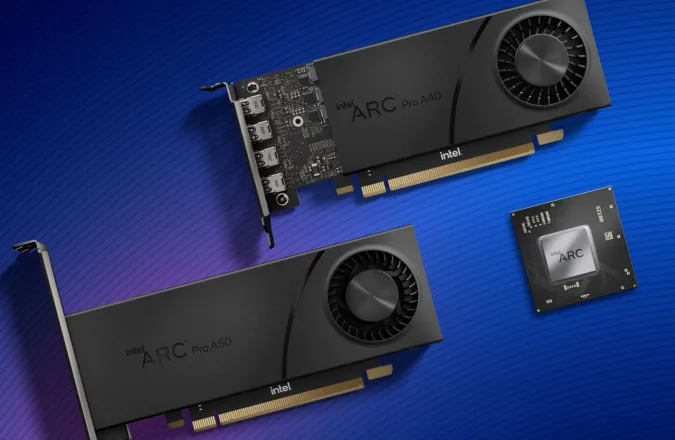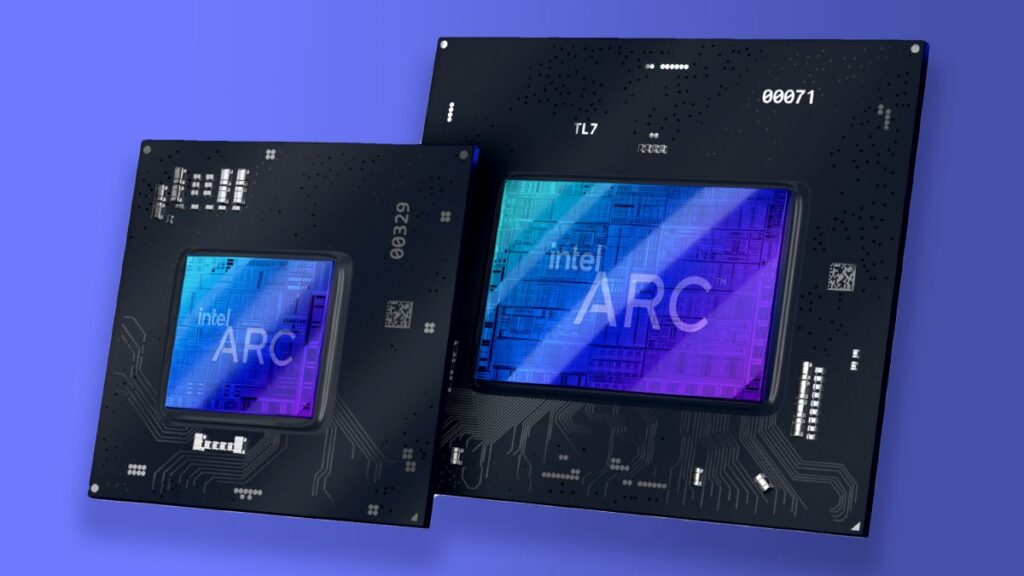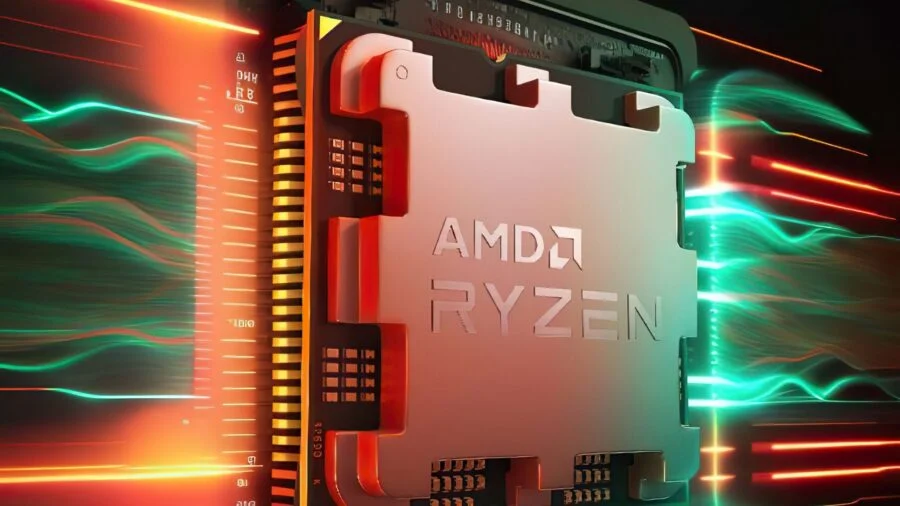
It launched two desktop and one laptop GPU under its Arc branding’s pro lineup.

When Intel introduced the Arc branding last year for its high-performance consumer graphics products, it demonstrated what the line’s GPUs can do using video games. The company’s latest Arc GPUs, however, aren’t for gaming at all: They were designed for desktop and mobile workstations running apps like Adobe Premiere Pro, Handbrake and DaVinci Resolve Studio. Intel has launched its Arc Pro lineup with three models, starting with the Arc Pro A40 that has a “tiny, single-slot form factor.” The Arc Pro A50 is a step up and has a larger dual-slot form, while the A30M was made specifically for laptops.
All three models offer built-in ray tracing and machine learning capabilities, but their key specs differ a bit from each other. The A40 and the A30M, for instance, have 3.50 teraflops of graphical power, while the A50 has 4.80 teraflops. Both desktop models come with 6GB of memory, wheres the one for laptops comes with 4GB. Plus, all models support AV1 hardware encoding acceleration in what Intel says is an industry first. The new GPUs also have four mini-display ports for multiple screen setups and can support two 8K displays with a refresh rate of 60Hz, one 5K 240Hz display, two 5K 120 Hz displays or four 60 Hz 4K displays.
Intel has yet to reveal how much these new discrete GPUs for workstations will cost, but it said they will be available starting later this year “from leading mobile and desktop ecosystem partners.”
Intel price hikes could make PCs more expensive
Intel has told customers that it will raises prices on most of its processors and other chips by up to 10-20 percent later this year, Nikkei has reported. That could mean price increases on computers products ranging from laptops to servers, at the same time that demand is weakening and sales are dropping.
Intel effectively confirmed the news, referring back to its Q1 earnings call. “Intel indicated it would increase pricing in certain segments of its business due to inflationary pressures. The company has begun to inform customers of these changes,” it told Nikkei.
With the COVID-19 keeping folks working at home, PC sales increased dramatically in 2020-21. That bubble has since burst, however, and key Intel buyers like Acer, ASUS and others have warned of slowing sales ahead. Acer Chairman Jason Chen even noted that his company is no longer seeing a shortage of chips. “Some of the chip suppliers’ CEOs even called me recently to buy more chips from them. The situation has changed,” he told reporters on Wednesday.
Rival chipmaker TSMC previously said that it would race prices by a “single-digit” percentage starting next year. Since that company manufactures AMD’s chips, consumers aren’t likely to find as much price relief by switching brands, either.
Some device makers are starting to build up inventories, which could mean deals in the short term. However, the outlook longer term is less clear. Samsung, for one, reportedly told suppliers to stop shipping parts used to manufacture its PCs, TVs and other devices.
Recent Posts
- Astronomers detect first direct image of black hole expelling a powerful jet
- WhatsApp rolling out ‘reply with message’ feature within call notifications
- Multi-Device Pairing May Be Arriving for Apple Watch this Year
- Artificial Intelligence Discovers Hidden Giant, a Planet 5 Times Larger Than Jupiter
- Google CEO Sundar Pichai Talks Bard & The Future Of Search
Recent Comments

WhatsApp rolling out ‘reply with message’ feature within call notifications

Multi-Device Pairing May Be Arriving for Apple Watch this Year

Google CEO Sundar Pichai Talks Bard & The Future Of Search

AMD assures that Ryzen 7 7800X3D is only slightly behind Ryzen 9 7950X3D in games

Astronomers detect first direct image of black hole expelling a powerful jet

WhatsApp rolling out ‘reply with message’ feature within call notifications

Multi-Device Pairing May Be Arriving for Apple Watch this Year

